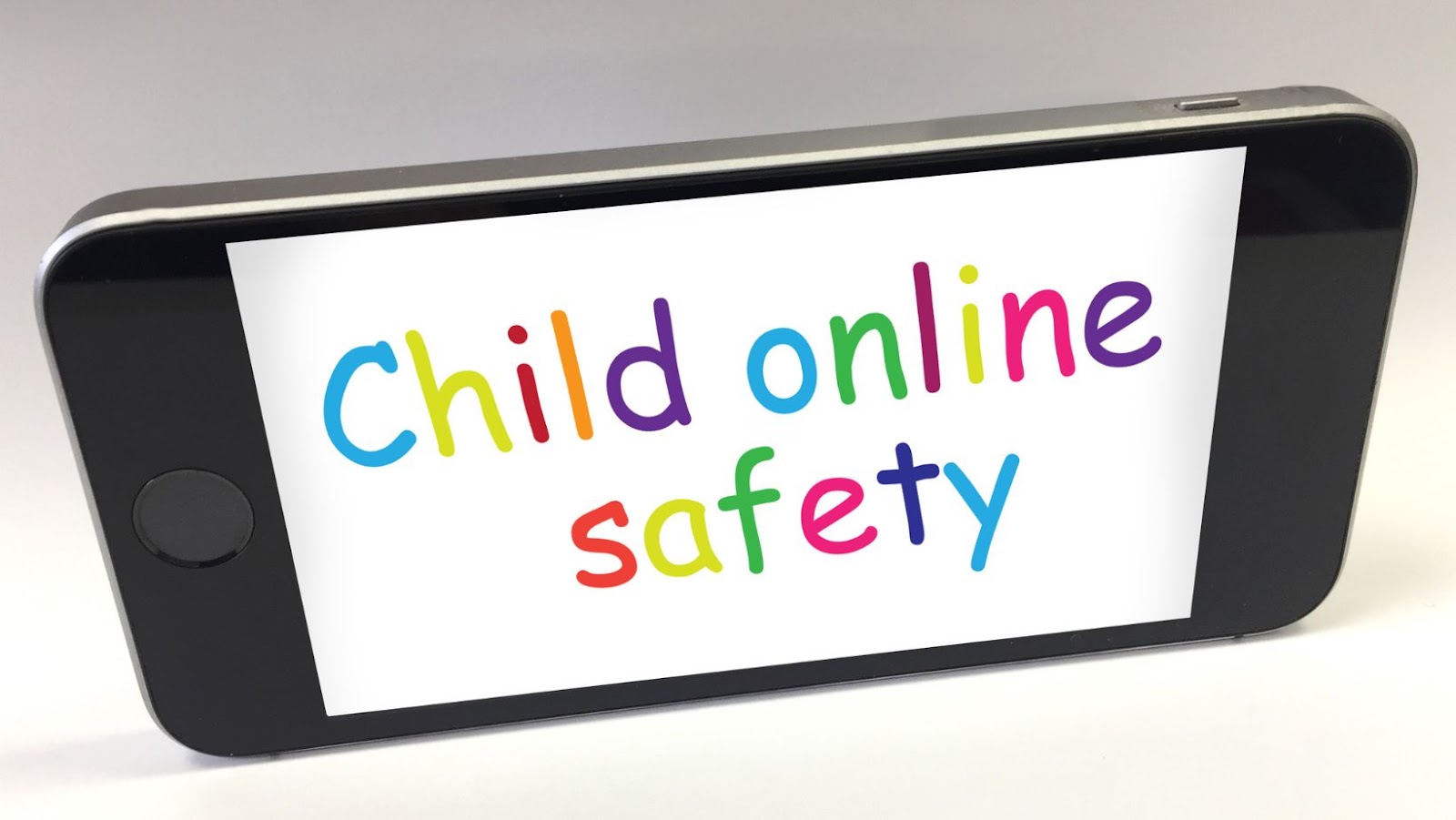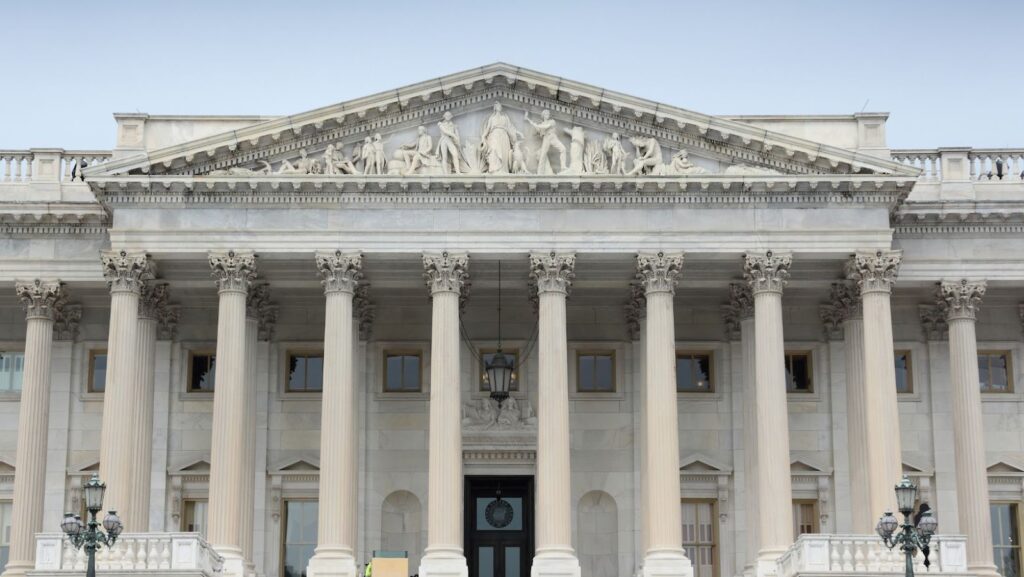The Children’s Internet Protection Act (CIPA) was enacted by Congress in 2000 to address concerns about children’s access to inappropriate material on the Internet. CIPA imposes certain requirements on schools and libraries that receive funding for Internet access or internal connections from the federal government.
Under CIPA, schools and libraries must implement an Internet safety policy that includes technology filtering or blocking to protect minors from accessing inappropriate online content. Additionally, CIPA requires schools and libraries to provide notice and education on the appropriate use of online resources, including the harmful effects of unauthorised access to inappropriate content.
This bill aims to protect children online by ensuring that schools and libraries have effective technology filters to block obscene, pornographic, or harmful materials. Additionally, it requires schools and libraries to provide notice and education on the appropriate use of online resources, including the harmful effects of unauthorised access to inappropriate content.
What Does The Bill Entail?
This bill, known as the “Protecting Children Online Act of 2017”, aims to protect children online by making it a crime to knowingly host, transmit, or distribute child pornography. The bill would also make it a crime to knowingly solicit or entice a minor to engage in sexual activity. The penalties for these crimes would be up to 10 years in prison.
The bill would also create a new Office of Internet Safety within the Department of Justice, which would investigate and prosecute cases involving child pornography and online solicitation of minors. This office would also provide training and resources to law enforcement agencies on how to investigate and prosecute these cases.
This bill is a response to the growing problem of child pornography and online solicitation of minors. It aims to protect children by making it a crime to host, transmit, or distribute child pornography and creating a new office within the Department of Justice to investigate and prosecute these cases.

This Bill Aims to Protect Children Online
As online activity becomes more and more commonplace, it’s important to ensure that our children are protected from the dangers. A new bill aiming to do just that was recently introduced in the Senate.
The proposed legislation, known as the Protecting Children Online Act, would make it a federal crime to knowingly allow minors to access websites or online services that are “harmful to minors.” The bill would also create a new office within the Department of Justice to help investigate and prosecute these cases.
This bill would have a sweeping impact on how online content is regulated. It would also likely lead to increased litigation, as companies attempt to avoid liability by self-censoring their content.

Whether or not this bill becomes law, it represents a growing recognition of the need to keep our children safe online. As more and more of our lives move online, we must take steps to protect the most vulnerable members of our society.
How Will This Affect Parents and Guardians?
This bill aims to protect children online by making it illegal for internet service providers to sell data about their online activity without the consent of their parents or guardians. This means that your ISP will not be able to sell information about what websites you visit, what apps you use, or what online content you engage with to advertisers without your permission.
While this bill is a step in the right direction for protecting children’s online privacy, it only applies to ISP providers and not other companies that collect user data, such as social media platforms and search engines. It also does not require companies to get parental consent before collecting data from children. Parents must still be vigilant about managing their child’s online activity and privacy settings.
How Will This Affect Children?
If passed, this bill would mean that companies operating online services accessible to children would have to take active measures to protect them from harmful or inappropriate content. This could include implementing filters or other tools to restrict access to certain types of content, monitoring user activity to identify and take action against harmful or inappropriate behaviour, and providing educational resources for parents and guardians.
This bill aims to protect children from exposure to harmful or inappropriate online content and empower parents and guardians to make informed decisions about their child’s online activity. This bill has the potential to make a significant impact on the safety of children online, and we urge lawmakers to give it due consideration.

Conclusion
This bill can potentially be a game-changer for online safety, particularly for children. It includes several provisions that aim to protect children from exploitation and cyber bullying and increase transparency around data collection and use. While it remains to be seen how effective these measures will be in practice, they are a strong step in the right direction and will hopefully make the internet safer for everyone.
tags = us senate, senate of the usa, bill to protect the children, online protection bill, senate resolution, senate 1t 2b 1bzakrzewski washingtonpost, anti cyber bullying, protecting children online, kids online safety, protect kids online, online safety for kids, online child exploitation


More Stories
TwentyOneVc.com Review Unveils a Platform for Successful Traders
Gabriel Massuh: Turning Ideas into Successful Businesses
The Importance of E-invoicing Compliance in the Globalized Economy